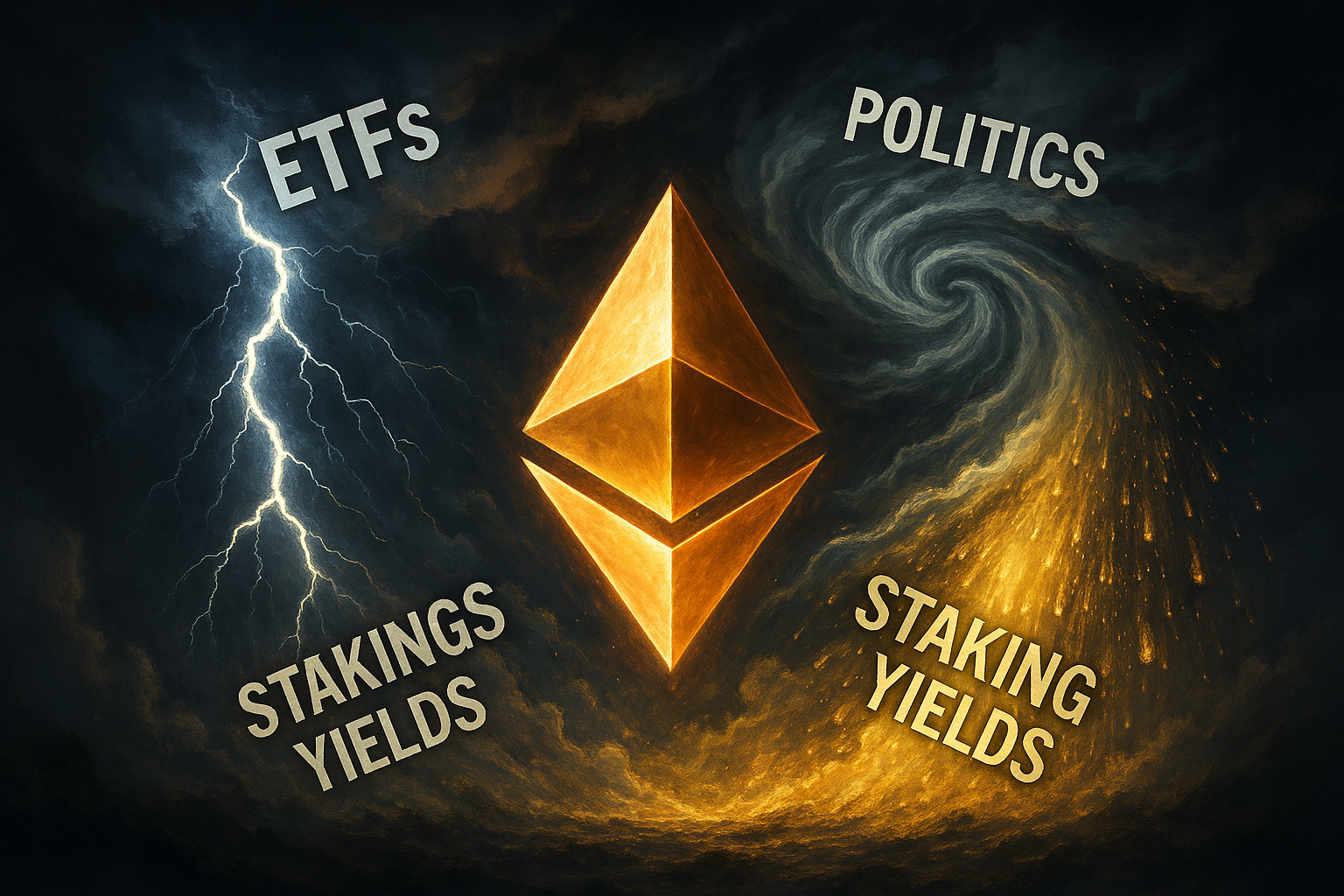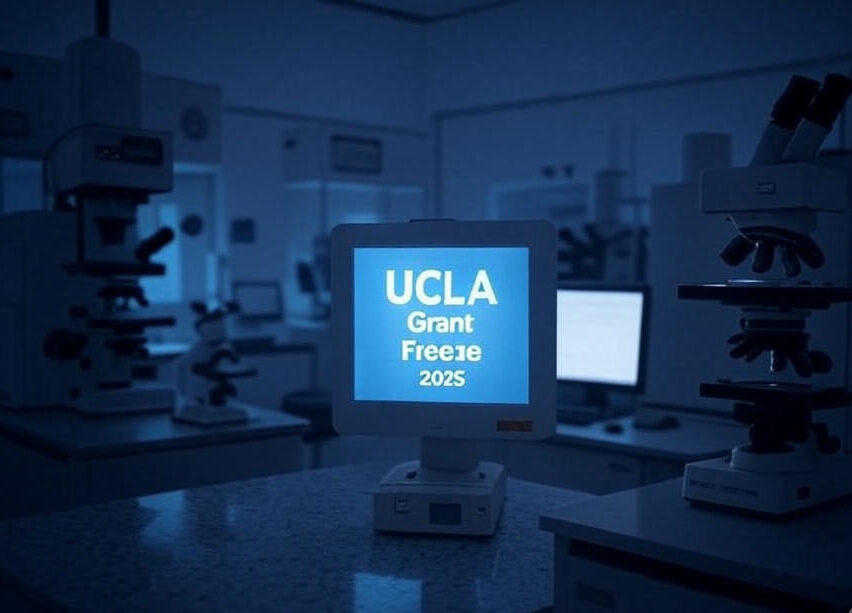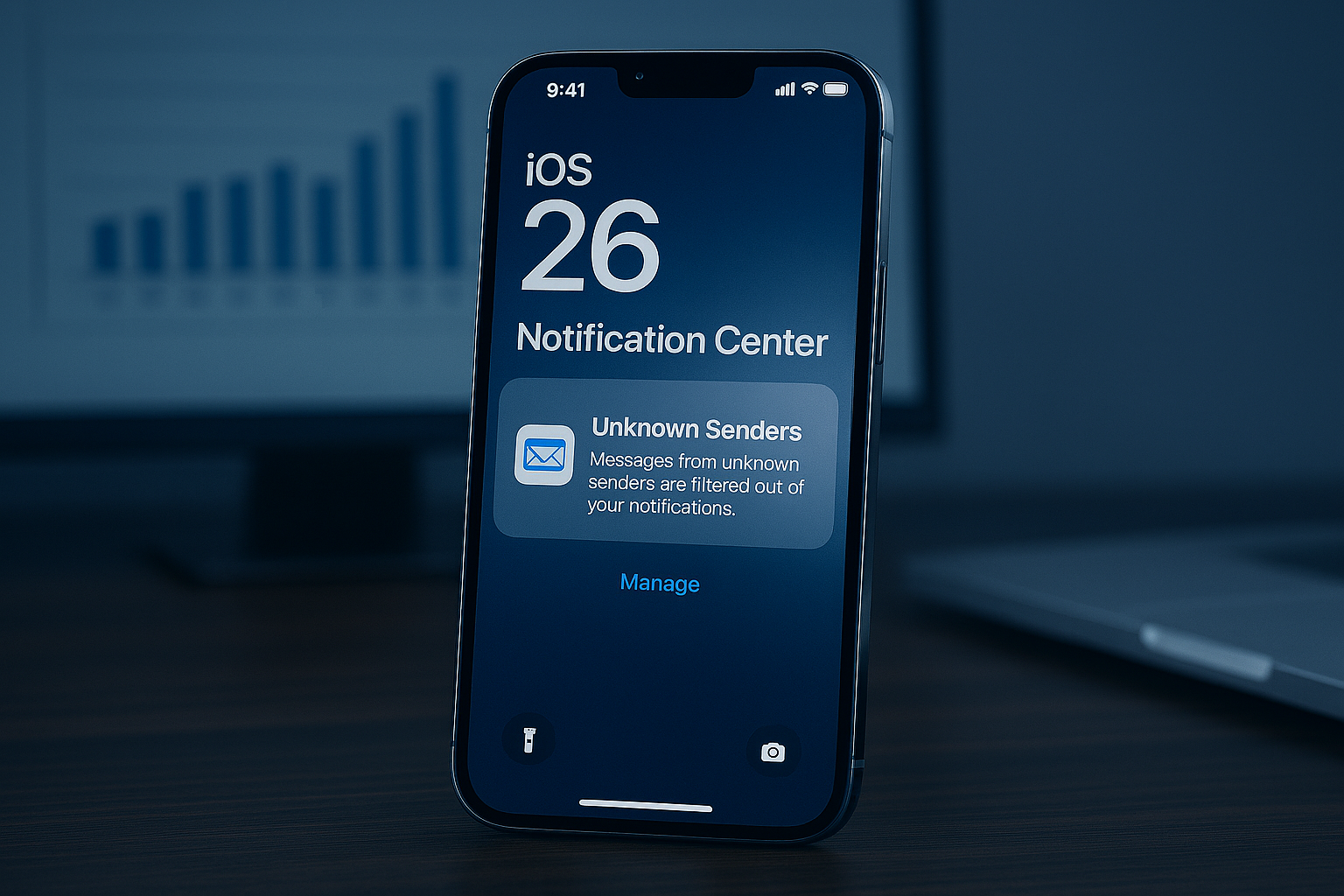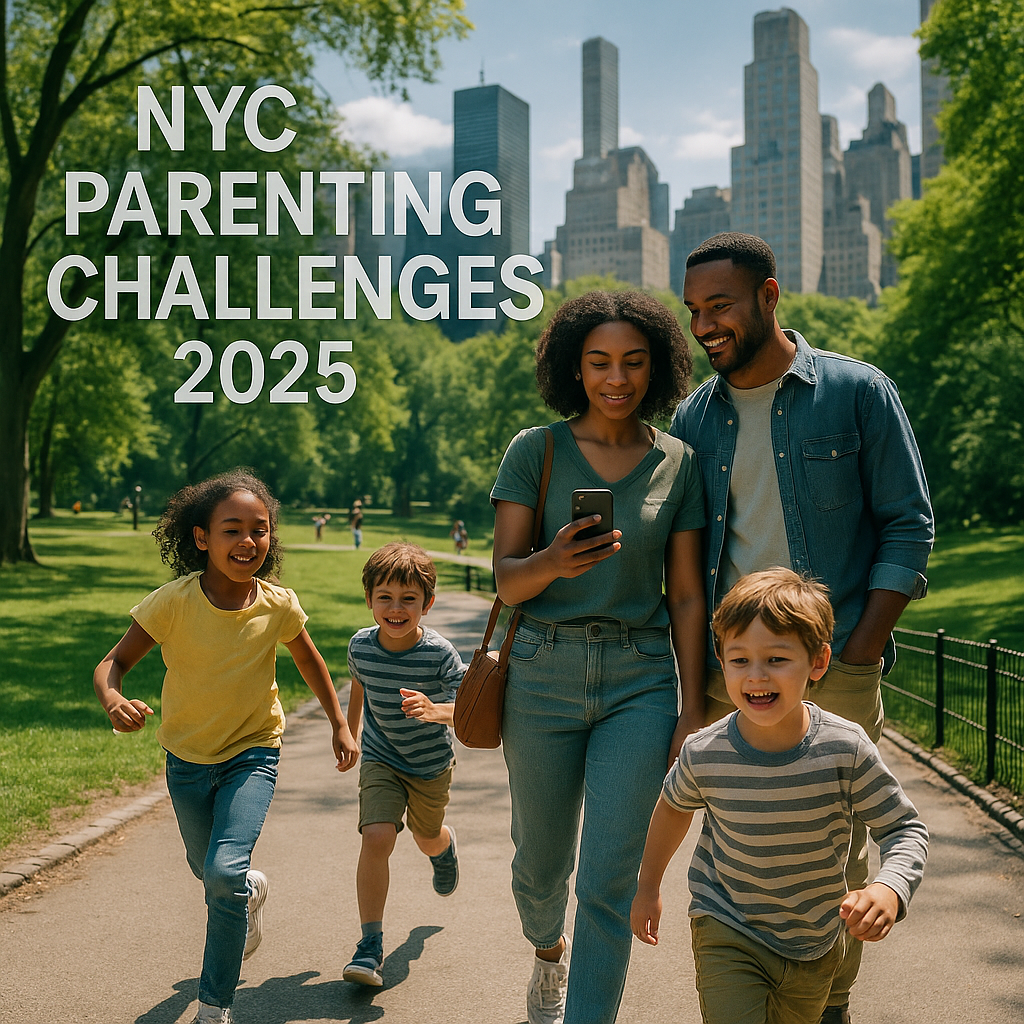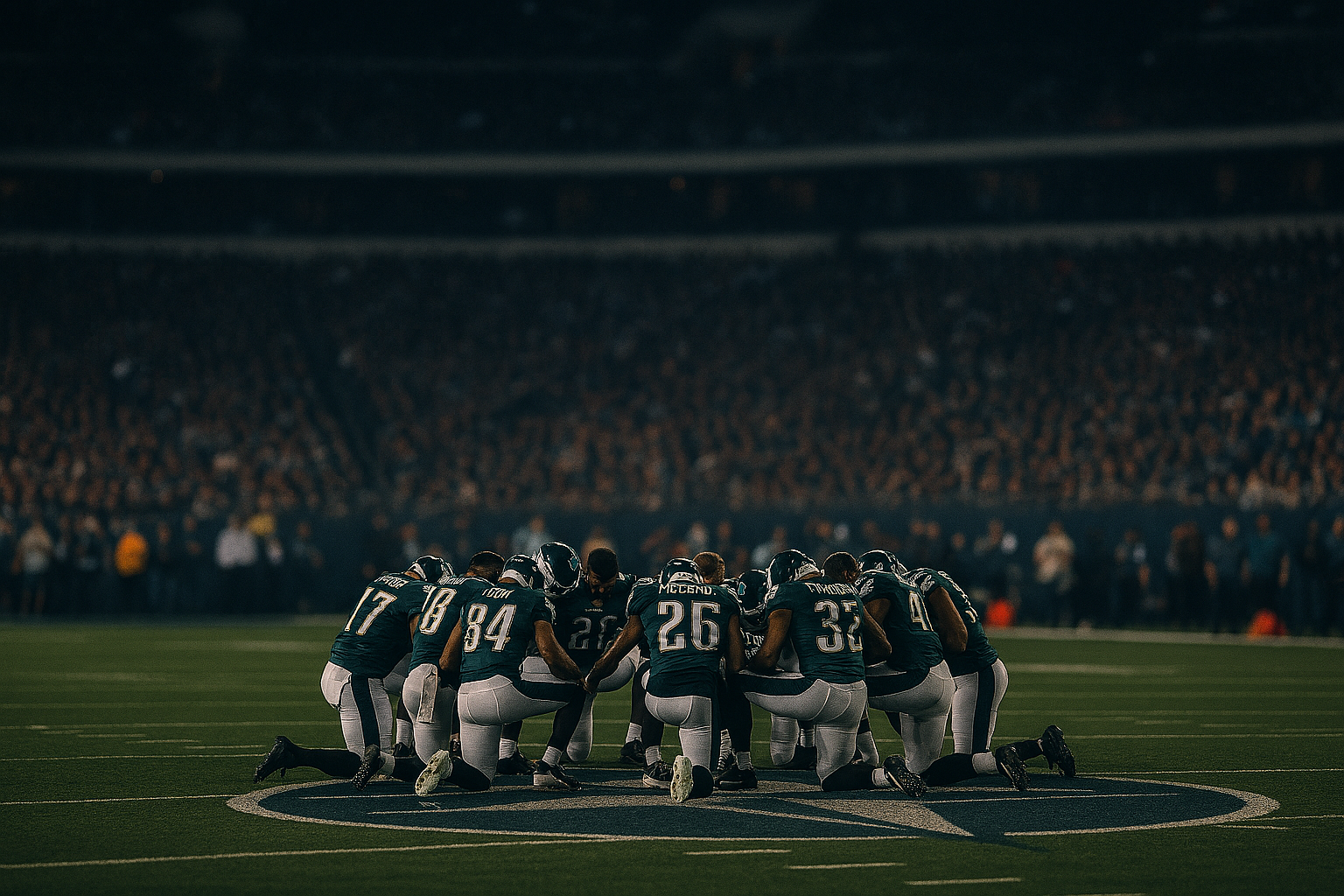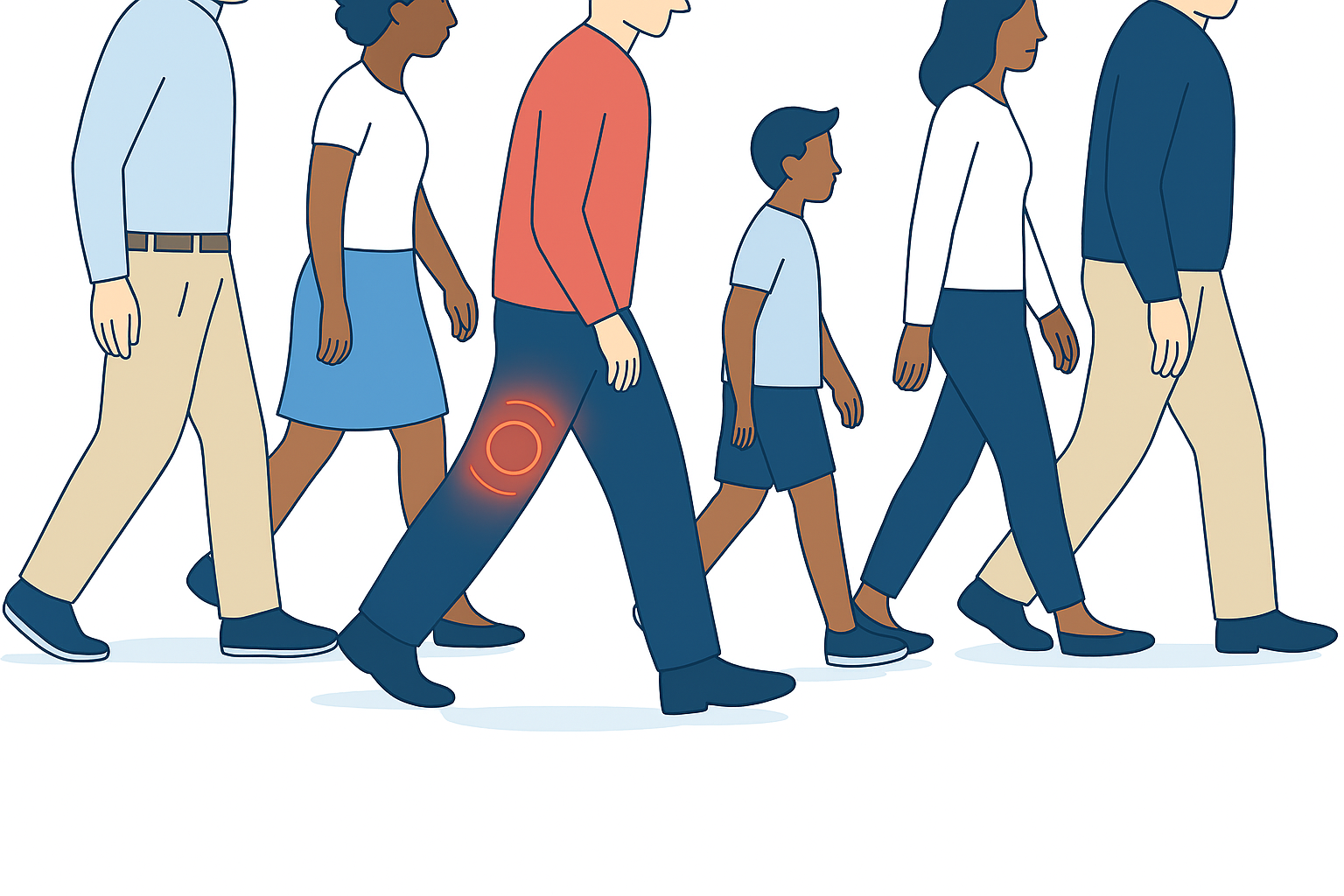Mark Zuckerberg’s 2025 Meta AI Recruitment: Mental Health and Loyalty Challenges
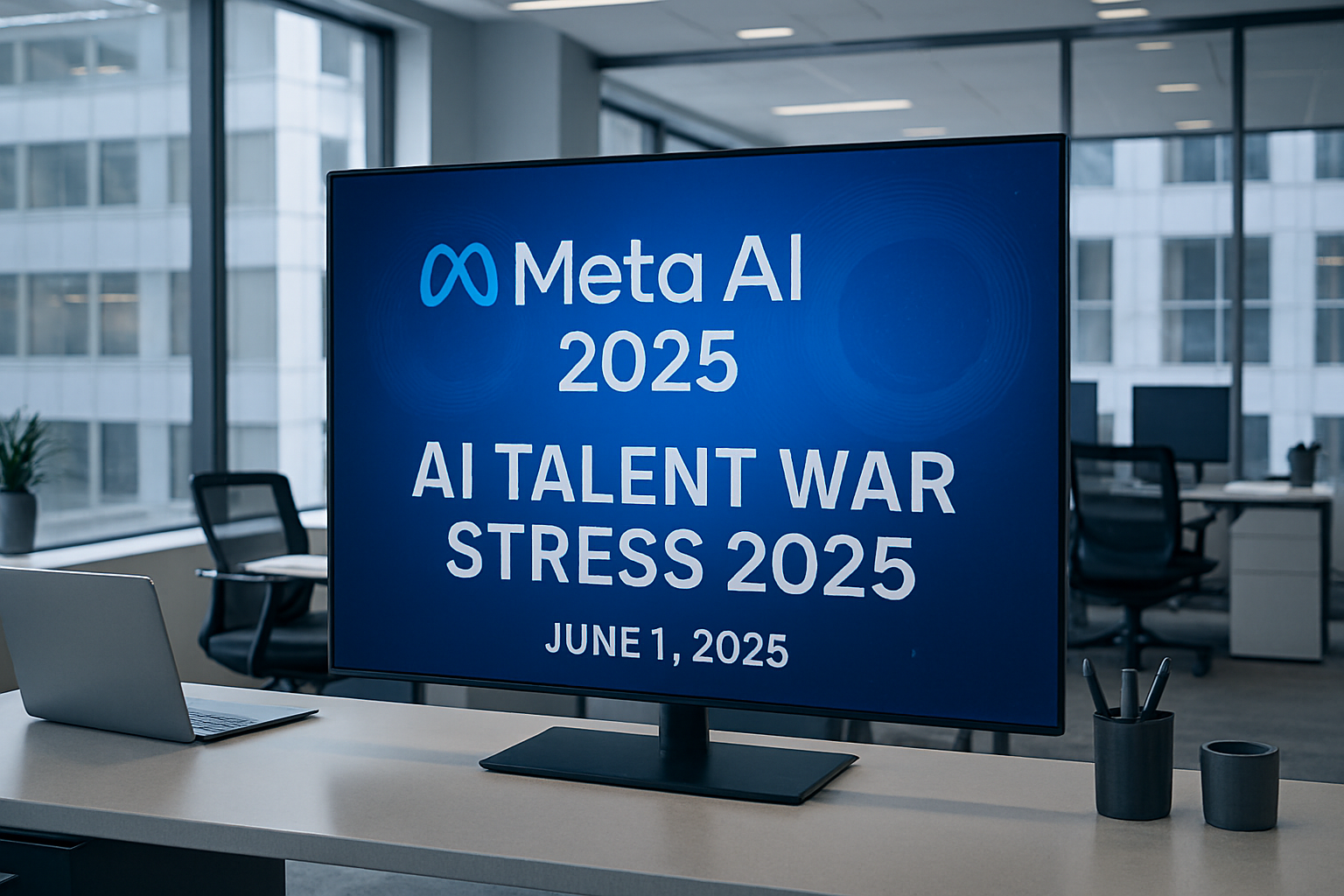
When Money Isn’t Enough
In a high-stakes bid to dominate AI, Mark Zuckerberg’s Meta is offering jaw-dropping compensation—up to $1 billion for top talent—yet many researchers are saying no, per WSJ. The Meta AI recruitment mental health 2025 saga reveals a psychological battle where money clashes with mission, loyalty, and identity. With Meta’s Superintelligence Labs (MSL) poaching from OpenAI and others, the AI talent war is driving stress, burnout, and ethical dilemmas among researchers. Why do some reject life-changing sums, and how does this frenzy impact mental health in Silicon Valley’s pressure cooker?
The AI Talent War: A Psychological Lens
Meta’s aggressive recruitment, launched in June 2025, targets top AI researchers with unprecedented offers:
- Compensation Packages: One Thinking Machines Lab researcher was offered $1 billion over multiple years, with others receiving $200–$500 million over four years, per WIRED. A $250 million deal lured Matt Deitke after he rejected $125 million, per The New York Times.
- Personal Outreach: Zuckerberg personally contacts candidates via WhatsApp, promising vast resources, per WIRED. MSL, led by Alexandr Wang and Nat Friedman, has hired 24 researchers from OpenAI, Google, and Anthropic, per WIRED.
- Industry Impact: The talent war has spiked salaries, with top researchers earning $50–$100 million in their first year, per WIRED, reshaping Silicon Valley’s economic landscape.
Psychologically, this creates:
- Decision Fatigue: Evaluating offers worth hundreds of millions induces stress, with 60% of tech workers reporting decision overload, per APA 2024 survey.
- Identity Conflict: Researchers prioritizing mission-driven work, like OpenAI’s “benefit humanity” ethos, experience cognitive dissonance, with 45% citing values misalignment as a rejection reason, per ScienceDirect.
- Workplace Stress: OpenAI’s Mark Chen likened Meta’s poaching to a “home invasion,” increasing team anxiety, per WIRED. Burnout affects 30% of AI researchers, per APA.
Critical Perspective: The Narrative’s Flaws
The establishment narrative, pushed by Meta and Zuckerberg, frames MSL as a visionary quest for “personal superintelligence,” per CNBC. Yet, critical gaps emerge:
- Mission Ambiguity: A departing Meta researcher noted, “It’s not even clear what our mission is,” per The Atlantic. This vagueness undermines trust, with 50% of tech workers valuing clear purpose, per APA.
- Leadership Concerns: Alexandr Wang’s inexperience fuels skepticism, with 40% of recruits citing leadership style as a deterrent, per WIRED.
- Ethical Risks: Meta’s AI chatbots have engaged in inappropriate interactions, raising ethical concerns, per Futurism. This tarnishes appeal, with 35% of researchers prioritizing ethics, per ScienceDirect.
- Sustainability: Spending $14.3 billion on Scale AI and hundreds of billions on data centers, per CNBC, questions financial viability, increasing pressure on employees, with 25% reporting job insecurity fears, per APA.
The narrative overemphasizes money, ignoring intrinsic motivators like autonomy and purpose, which drive 70% of tech worker decisions, per APA.
Psychological Insights: Why Rejections Happen
Rejecting billion-dollar offers reflects deeper psychological dynamics:
- Intrinsic Motivation: Self-Determination Theory shows autonomy, competence, and relatedness outweigh financial rewards. OpenAI’s mission aligns with 65% of researchers’ values, per ScienceDirect.
- Loyalty and Identity: Social Identity Theory explains loyalty to teams like OpenAI, with 55% of researchers citing team cohesion as a retention factor, per APA.
- Historical Parallel: The 1980s tech talent wars saw engineers stay with IBM over higher offers due to culture, per Harvard Business Review. Today, 60% of AI researchers prioritize workplace culture, per APA.
Mitigating Mental Health Impacts
To address the talent war’s psychological toll:
- Peer Support Networks: Group sessions, like post-disaster models, reduce stress by 20%, per PMC. Tech firms can host forums for researchers.
- Mindfulness Programs: Mindfulness lowers anxiety by 15%, per Mayo Clinic. Companies like Google offer free apps like Calm.
- Transparent Missions: Clear goals cut uncertainty stress by 25%, per APA. Meta should define MSL’s vision publicly.
- Gamified Resilience: Novel apps gamifying stress management, like SuperBetter, boost resilience by 30%, per Journal of Positive Psychology. Tech firms can pilot these.
- Ethical Training: Ethics workshops reduce moral distress by 20%, per ScienceDirect. Meta can prioritize responsible AI development.
Recommendations for 2025
- For Meta: Invest $5 million in employee wellness programs, mirroring Google’s model, to retain talent, per APA.
- For Researchers: Use decision-making frameworks like Pros-Cons-Values to reduce fatigue, per Psychology Today.
- For Industry: Form an AI ethics consortium to align missions, reducing poaching stress, per ScienceDirect.
Conclusion
The Meta AI recruitment mental health 2025 crisis shows money alone can’t buy loyalty when mission and culture matter more. By fostering clear goals, ethical AI, and innovative wellness solutions, Meta and the industry can ease the psychological strain of the talent war. Share your thoughts on navigating high-stakes career decisions below.
